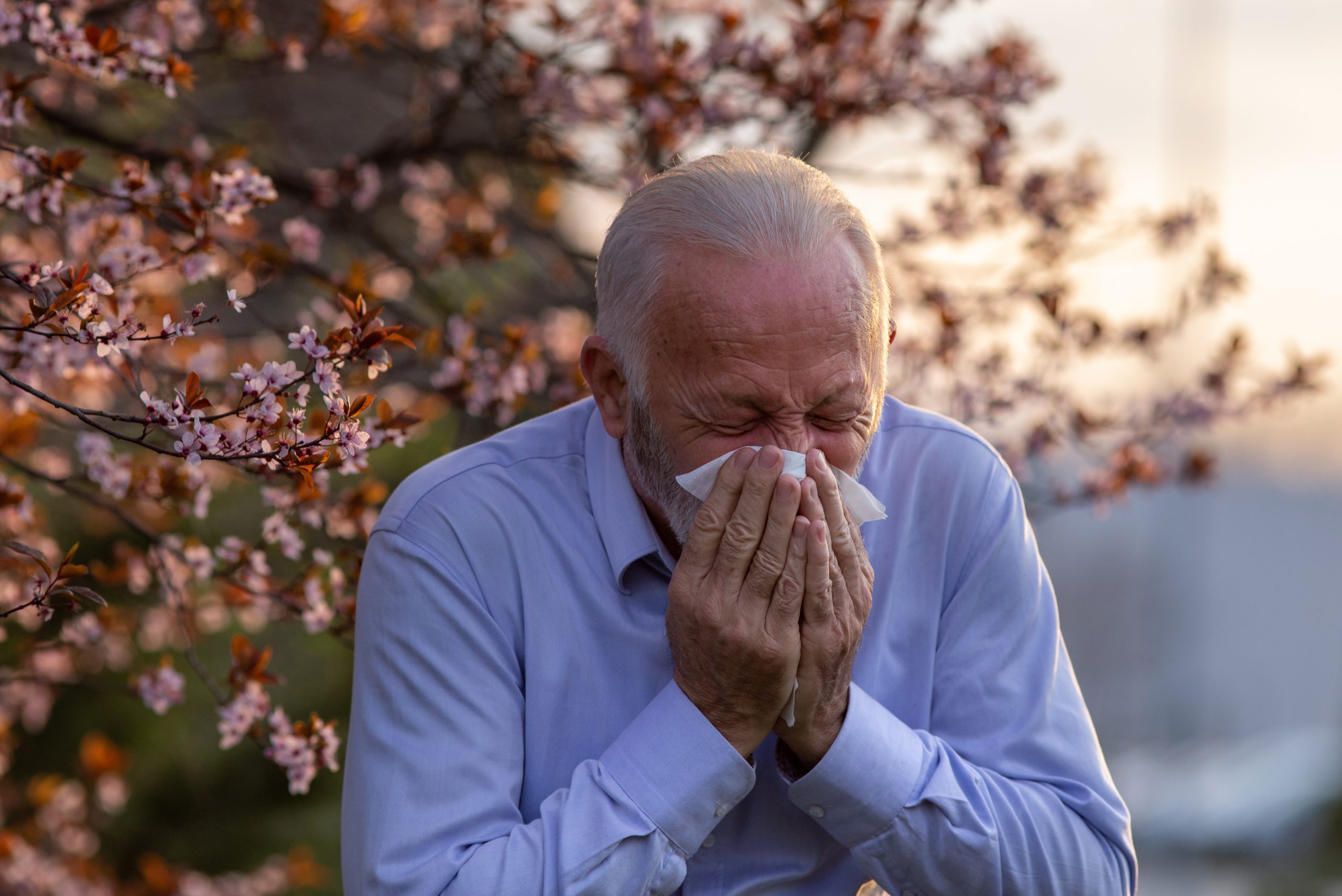The Truth About Sun Protection: Myth vs. Fact

For many this summer, plans for fun in the sun have already begun – but do you have the right information about proper sun safety? Here are the important facts you should know when it comes to protecting your skin!
Myth: Experiencing two or more sunburns puts you at a higher risk for skin cancer.
Fact: This is correct. A person who experiences multiple sunburns is at an increased risk of developing skin cancer. Always be sure to apply your sunscreen at least 30 minutes before sun exposure and reapply often.
Myth: It’s not necessary to wear sunglasses if the sun isn’t bright.
Fact: Whether it’s an extremely sunny day – or cloudy – sunglasses help to protect the eyes from UV exposure and are recommended to prevent damage to the eyes.
Myth: People with dark skin don’t need sunscreen and won’t develop skin cancer.
Fact: People who do not sunburn easily can still get sun damage. Individuals with dark skin are not excluded from the risk of developing skin cancer.
Myth: You can’t get sun damage on cool or cloudy days.
Fact: Clouds do not offer enough protection from the sun. Damage from the sun is a result of UV radiation, it’s not based on the outdoor temperature. Whenever you are spending time outdoors, you should always apply sunscreen to give your skin maximum protection against the sun.
Myth: When sunscreen with a higher SPF is used, you don’t need to apply it often.
Fact: Sunscreen of any SPF should be applied frequently throughout the day (at least every 2-3 hours) to receive full protection. When engaging in activities involving water or sweating, sunscreen will need to be reapplied even more frequently.
Myth: Skin cancer is very minor and nothing to be concerned about.
Fact: In the United States, skin cancer is the most common cancer and 1 in 5 Americans will develop it their lifetime. Skin cancer can also spread throughout the body and may involve chemotherapy or surgery depending on the severity.
Myth: If you get skin cancer, you’ll know right away.
Fact: Skin cancer starts out on the skin which makes it easier detect. It’s extremely beneficial to check your skin on a regular basis (such as monthly) from head to toe to monitor new changes that may appear.
If you notice any new spots on your skin that are concerning, please speak with your primary care provider or see a dermatologist to examine your skin. If you would like more education on skin cancer prevention or want to learn the proper methods of how to self-assess your skin, your annual physical is a great time to address these concerns with your provider!
Click here to schedule your next annual physical.
Regardless of the date published, no content on this website should ever be used as a replacement for direct medical advice from your primary care provider or another qualified clinician.





